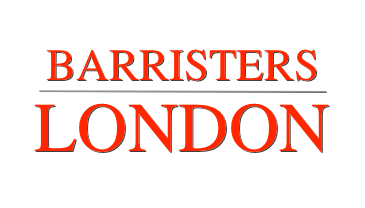Criminal Convictions and Professional Registration
Most regulated professionals must inform their regulator when they have been charged with a criminal offence in the UK or overseas. They must also inform their regulator if another regulatory body or forum is critical of them. They also have a duty to inform their regulators where they have received a police warning or police caution or other similar disposal.
Police now have a power to disclose convictions under the Common Law Police Disclosure (CLPC) provisions to third parties, such as employers and regulators, if a ‘pressing social need’ is established. This complements the Disclosure and Barring Services (DBS) and replaces the Notifiable Occupations Scheme.
However, the CLPD provisions do not provide for the proactive disclosure of convictions if: –
- It is unlikely that the urgent pressing social need requirement will then be fulfilled due to the elapse of time, and
- Employers and regulators can be made aware of convictions via the statutory disclosure route provided by Part V of the Police Act 1997 and use of the DBS Update Service.
It is the responsibility of the practitioner to notify their regulator if they have a criminal conviction, either from the United Kingdom or abroad. It is also the responsibility of any student applying for training, for example as a teacher or nurse, to inform their university if they have a criminal conviction.
Proof of a conviction is conclusive evidence that the offence occurred. It is usually not open to the practitioner to go behind the facts of a conviction unless it is to prove that he/she is not the person in respect of whom the conviction was made.
Criminal convictions may lead to a professional not securing registration or employment. Or, if already employed, a finding might be made that a professional is not fit to practise their profession without censure or at all, and result in a sanction.
If a registered professional has been made the subject of a criminal sentence, they should not normally be allowed to resume unrestricted practice until the conclusion of the criminal sentence. By way of example, see CRHP v General Dental Council and Fleischmann [2005] EWHC 87 (Admin) where a dentist was convicted of downloading child pornography. He received a three-year community rehabilitation order with a requirement to attend a sex offender’s programme. Newman J said that a one-year suspension from practice was wrong.
See also the recent case of GMC v Saeed [2020] EWHC 830 (Admin) which more recently confirmed the Fleischmann principle.
Social Work England will automatically remove social workers convicted of certain serious criminal offences, see the Social Work England Automatic Removal provisions.
If you are a professional facing proceedings resulting from a criminal conviction or a criminal charge, contact Barristers.London without obligation and in strict confidence to discuss our legal advice and representation services. Our fees are competitve.
Back to Regulatory and Disciplinary Law Page

Request a
Enquiries
